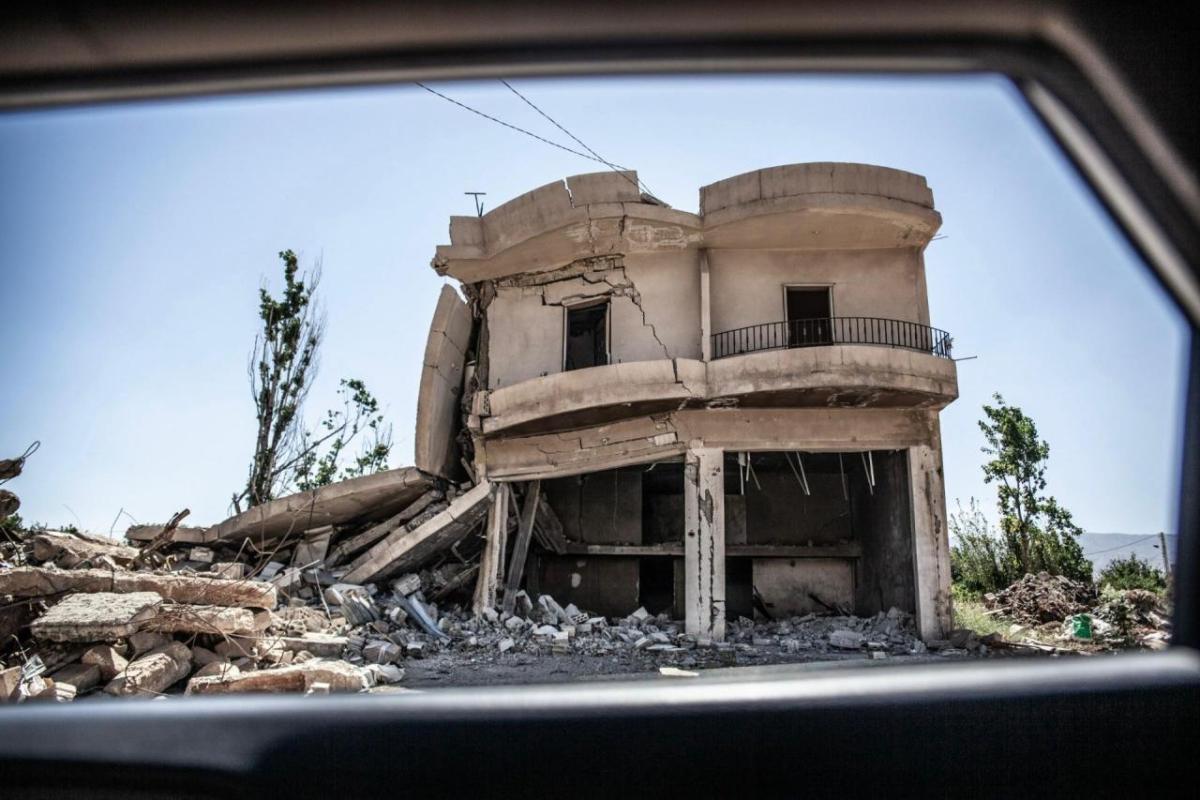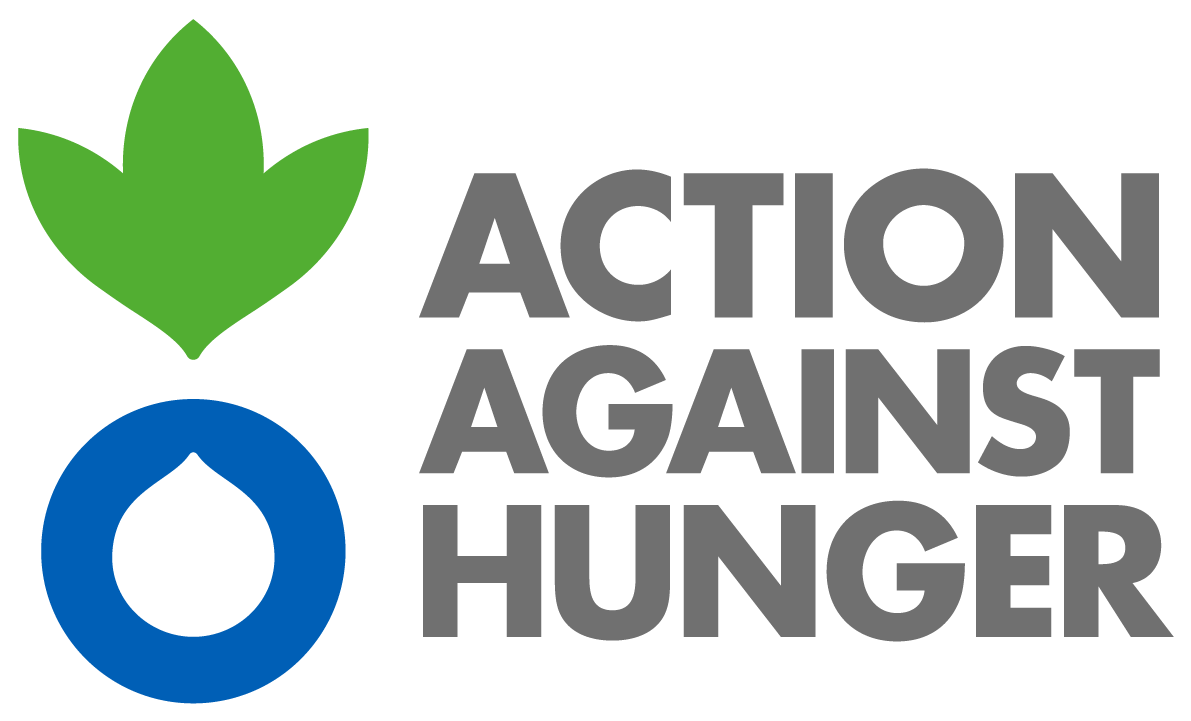6 Months After Ceasefire in Lebanon
More than a million people go hungry amid instability

Published by Action Against Hunger.
Contact media@actionagainsthunger.org for inquiries.
NEW YORK and BEIRUT, May 27, 2025 /3BL/ - Despite hopes for peace after a ceasefire agreement six months ago in November 2024 in Lebanon, military activity remains intense in southern parts of the country, the Bekaa Valley and southern suburbs of Beirut. Around 90,000 people remain internally displaced, and nearly 1.2 million suffer from high levels of food insecurity. The civilian population remains at high risk, and recent attacks have targeted populated areas, further endangering lives and livelihoods.
"One of the last air strikes was on 8 May," explains Suzanne Takkenberg, director of Action Against Hunger in Lebanon. "On that day, there were more than 19 attacks in the space of an hour in southern Lebanon, close to our distribution points, forcing us to temporarily halt our activities.”
1 in 6 people Cannot Return Home
According to the International Organization for Migration, approximately 90,000 people remain internally displaced in Lebanon. While over 900,000 people have returned to their communities, many have found their homes uninhabitable. Families are forced to live in borrowed flats or rent temporary housing, and the risks of unexploded ordnance and violence remain.
One such displaced person is Ali (name changed for safety). Ali's home was completely destroyed, and he lost his job due to the conflict. He had no choice but to flee. Like hundreds of others, Ali took refuge at the emergency shelter in Bir Hassan School in south Beirut, where now, eight months later, he remains.
Displaced people like Ali struggle to access clean water, healthcare, and sanitation. “Displacement, extraordinary increases in the cost of living, interruptions in food supply, loss of livelihoods and damage to water and sanitation infrastructure are some of the barriers that prevent civilians from meeting their most basic needs,” said Takkenberg.
Agriculture and Food Crisis
According to the latest UN report on food security in Lebanon, nearly 1.2 million people, including Lebanese, Syrians, and Palestinians suffer from high levels of acute food insecurity despite the ceasefire. The situation is mainly due to the protracted impact of the conflict, continued forced population displacement, and the deep economic crisis of recent years.
The livelihoods of families, especially those who make their living from agriculture, have been severely impacted. According to the World Bank, damage to the agricultural sector is estimated at a minimum of $11 billion in losses since the start of the conflict in October 2023. The border area was one of the worst affected during the escalation of the conflict.
Jaafar, a farmer in Beit Lif, a predominantly agricultural region along the border with Israel, says that "because of the drones, everyone is afraid. All the land and all the fields are destroyed in this area in the south. The trees have either been uprooted or damaged.” Beit Lif’s population used to be 7,000, but now only 125 remain as lack of access to fertilizer, water, and fuel makes land cultivation nearly impossible.
Mahmoud, a displaced person from Odaisseh says, "There is no life. There are no plants. There is nothing left.” He has been living with his family for over a year and a half and cannot return home due to the level of destruction. "We didn't expect the conflict to last so long, so we didn't bring many things with us. If humanitarian organizations stopped working here, it would be like leaving us at the mercy of the desert," he concludes.
Action Against Hunger's Humanitarian Response
"Many families are struggling to afford essential food items, and food insecurity is widespread. The most urgent needs include emergency shelter, access to clean water, hygiene kits, and sanitation facilities," explains Suzanne Takkenberg. “Damage to water and sanitation infrastructures makes it very difficult for families to return home permanently. The risk of waterborne diseases remains high. The efforts of humanitarian organizations are crucial to protect the well-being and dignity of those affected.”
Action Against Hunger is providing emergency support in Beirut, the Bekaa, Baalbek-Hermel, Nabatiyeh, and southern Lebanon. Activities include:
- Distributing food, clean water, blankets, mattresses, and hygiene kits
- Supporting collective shelters like Bir Hassan School
- Offering health services and nutritional support
- Rehabilitating farmland and water infrastructure
- Delivering cash assistance to displaced and returning families
***
Action Against Hunger leads the global movement to end hunger. We innovate solutions, advocate for change, and reach 21 million people every year with proven hunger prevention and treatment programs. As a nonprofit that works across over 55 countries, our 8,900 dedicated staff members partner with communities to address the root causes of hunger, including climate change, conflict, inequity, and emergencies. We strive to create a world free from hunger, for everyone, for good.

